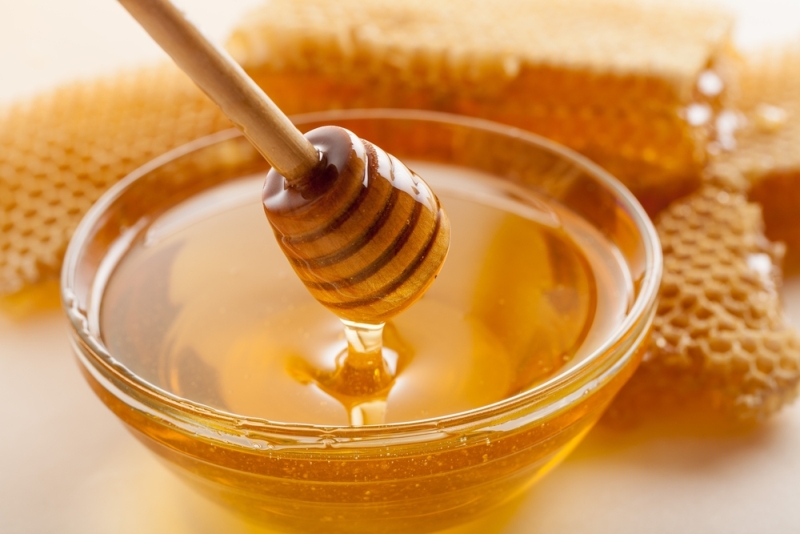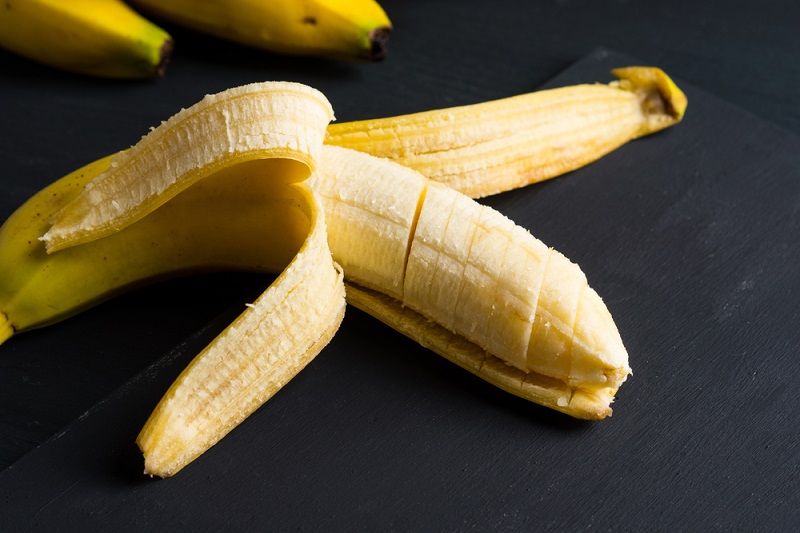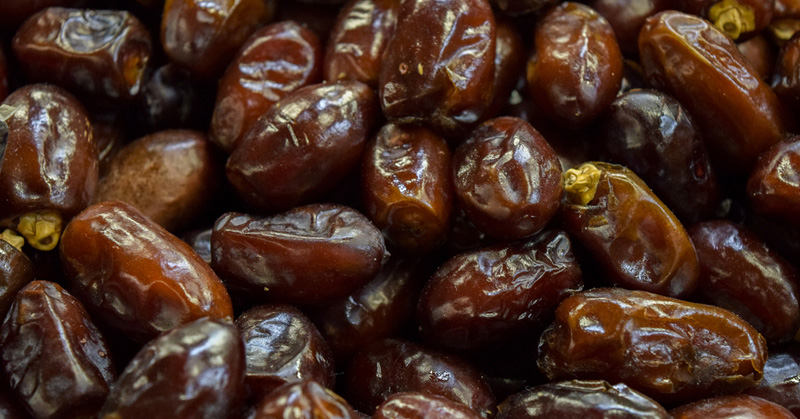On average, Americans consume over 400 calories a day from added sugars. Unfortunately, research has shown that sugar wreaks havoc on the body. And over-consumption can lead to tooth decay, obesity, diabetes, heart disease and even cancer. Isn’t that a good enough reason to try sugar alternatives?
No, we aren’t talking about conventional sugar substitutes. In fact, artificial sweeteners like aspartame and sucralose can also cause damaging side effects, ranging from migraines to mood disorders and impaired liver function. Simply put, it’s time to ditch the sugar. Your health depends on it!
When you’re craving something sweet, there are plenty of natural sweeteners and sugar alternatives you can reach for instead. (1)
Sugar Alternatives and Natural Sweeteners
1. Stevia
Although a relative new-comer to the United States, this natural sweetener has a long history. If you’re looking for something super sweet, stevia should be your go-to. It’s 200 times sweeter than sugar! Stevia is available in packets, liquid drops, tablets and baking blends. (2)
2. Dates
Believe it or not, natural sweeteners include dates. Dates are easily digested and can sweeten up a meal when blended into a paste. They’re also loaded with nutrients, including copper, iron, potassium, manganese, magnesium and Vitamin B6.
3. Raw Honey
When it comes to natural sweeteners, raw honey is one of the best sugar alternatives you can find. It’s loaded with antioxidants, enzymes and other nutrients that help strengthen the immune system and promote a healthy gut. Try honey on toast, yogurt or in your tea for a sweeter taste. But while raw honey is great for children and adults, please don’t give it to a baby or toddler under age 2.

4. Coconut Sugar
Healthy natural sweeteners include coconut sugar. Like coconut water, coconut sugar provides the body with beneficial nutrients. With a low glycemic load, coconut sugar provides a sweet taste without the harmful effects of processed sugar. Use coconut sugar in your recipes for a sweet taste and a healthy dose of antioxidants, vitamins and minerals.
5. Maple Syrup
Now here is another excellent alternative to white table sugar: maple syrup. Like other natural sweeteners, maple syrup is also loaded with disease-fighting antioxidants. The nutrients in maple syrup help reduce oxidative damage in the body and fight free radicals. Make sure you purchase pure maple syrup, without any added ingredients! (3)
6. Blackstrap Molasses
Blackstrap molasses is another option when it comes to healthier sugar alternatives. It’s rich in nutrients, including copper, calcium, iron, potassium, manganese and selenium. Like other natural sweeteners, make sure you’re purchasing pure blackstrap molasses with no added ingredients. (4)
7. Banana Puree
Yes! Banana puree is another option when it comes to natural sweeteners. Bananas are loaded with fiber, potassium, Vitamin B6 and Vitamin C. They’re also naturally sweet! Blend them in a processor with a tablespoon of water for a healthy sugar alternative.

8. Balsamic Glaze
Well, balsamic vinegar may not top your list, but sugar alternatives do include balsamic glaze. You can find this natural sweetener in health food stores, or you can make your own. Just simmer two cups of balsamic vinegar over medium-low heat and stir it frequently, until it’s reduced to one-half cup. Let it cool then drizzle it over your meal for a healthier sugar alternative.
9. Brown Rice Syrup
Next up, sugar alternatives include brown rice syrup. It’s a thick, sweet syrup that can be used in place of sugar when preparing homemade treats. Some brown rice syrups are fermented with barley enzymes, which mean they contain gluten, so look for varieties with a “gluten-free” label.
10. Real Fruit Jam
Also on the list of healthier sugar alternatives – real fruit jam! Jam from berries, apples, pears or grapes can sweeten your baked goods without the negative side effects of processed sugar. Make your own fresh jam or look for organic, sugar-free jam at your local grocery store or farmer’s market.


